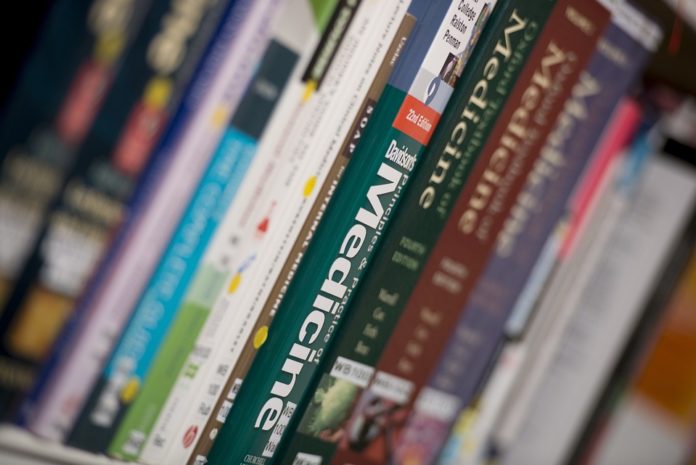Medicine is one of the professions that demands a lot of sacrifices. So you most likely chose medicine because you had the determination to study lengthy textbooks and put in a lot of effort.
But no matter how much you love medicine, the hard study hours can occasionally make it unpleasant and frustrating. The amount of stuff you need to study, how to start it all, or how to carry it out properly to the conclusion may leave you anxious and worried.
So whether you are doing your bachelor’s or master’s, here are some tips for medical students to study.
1. Making a Study Plan
When you have too much to learn and don’t know where to begin, it’s easy to become overwhelmed. But, it is where you put your study management skills into practice.
It’s crucial to create a study schedule that you can easily follow to manage the amount of study material you must complete each hour and each day. Like many other tasks, managing how many hours you have to study can help you create a balance between your personal and academic life.
With a study plan, you can cover all of your reading material in an organized manner. It will also help you keep track of your progress and identify study goals and objectives for each day.
2. Using Practice and Past Papers
Practice and previous exam papers are used to determine and gauge your learning progress. For whatever field you’re preparing for, each subject specialty has its own set of past papers that you should carefully review.
For instance, if you are pursuing a health care specialty – an mph degree, it’s best to find all the materials related to public health. It will help you prepare for the questions that have been frequently asked. They will help you learn new concepts and information while solidifying notions you already know through reinforcement. They also provide a great chance to gain insight into the examiner’s perspective and understand how they can assess you.
3. Making notes and mindmaps
A crucial step in the study process is taking notes. To gather, classify, summarize, and examine the vast quantity of material you receive in medical school, it’s essential to make notes and mind maps.
The process of mind mapping and making notes entails writing down your ideas concisely. It is an easy way to retain a lengthy concept and a handy way to go through what you’ve learned.
According to research, it also encourages critical thinking. So medical students can benefit from using mind maps as multisensory tools to organize, assimilate, and retain information in a better way.
4. Making mnemonics
Making mnemonics can be the answer for students who struggle to remember complicated medical phrases, signs of an illness or ailment, or classes of drugs. This technique helps in remembering crucial information.
Basic mnemonics focus on using acronyms, keywords, or rhyming words. For instance, if you’re trying to remember the features of melanoma, you can make a quick mnemonic like ABCDE. It can stand for: Asymmetry, Border irregularity, Colour, Diameter, and Evolving (changing in size and color).
Such mnemonics can help you remember the basics of any concept without taking too much time to memorize the names as it is.
5. Reading up articles
Due to intensive study in the medical sciences, an ever-growing field, there is an explosion of information and new research lined up.
Besides their medical textbooks, medical students now have access to a lot of study materials, including medical journals, brief booklets, lecture notes, online books, and articles. All these easily accessible materials help people form the reading habit necessary for success in the medical industry.
It also encourages students to build study habits and enhance their capacity for interpreting available information in clinical practice. Finally, it helps them broaden their perspective on what they learn in their textbooks.
6. Self-Evaluation and Testing
You can study all you want, but knowing where you stand in your preparations is necessary. Here, self-testing or self-assessment comes into action.
It’s best to check your memory and how much you know once you’ve finished learning a topic. Before moving on to the next subject, make it a point to evaluate your understanding of the topics you covered that day. It will allow you to determine which subject or branch of knowledge requires more of your focus.
Always remember that self-evaluations strengthen your learning independence, help you focus on your areas of strength or need for progress, and reduce test-related anxiety.
Conclusion
So with these study tips, we hope you’ll be well on your way to success as a medical student. Remember that when you’re pressed for time, it may seem like the only way to get by is to keep studying. But continuous studying can wear you out and make you exhausted, which can further cause you to forget half of what you’ve learned. So while you follow all these tips, give yourself some downtime and take some breaks as well.


